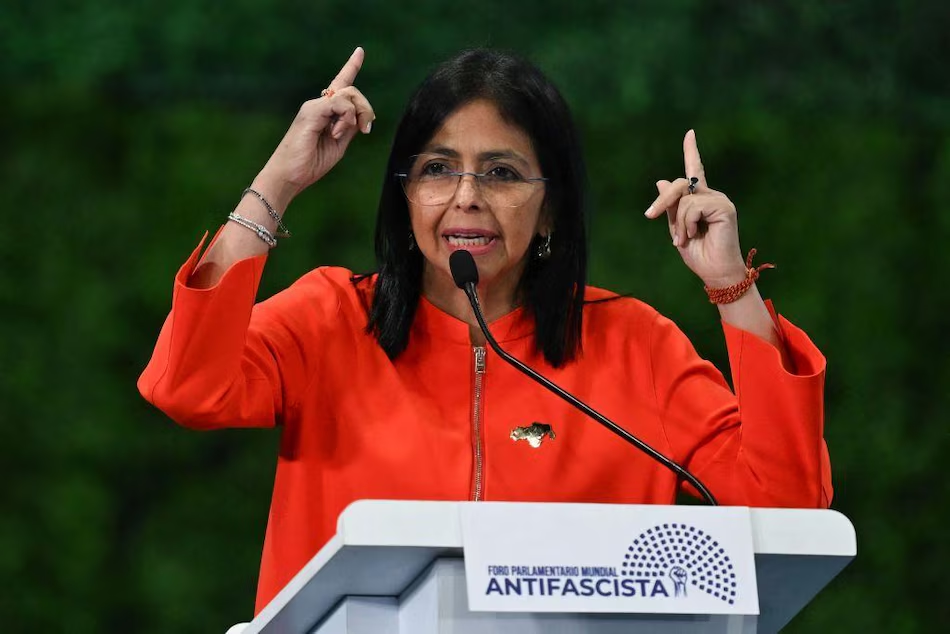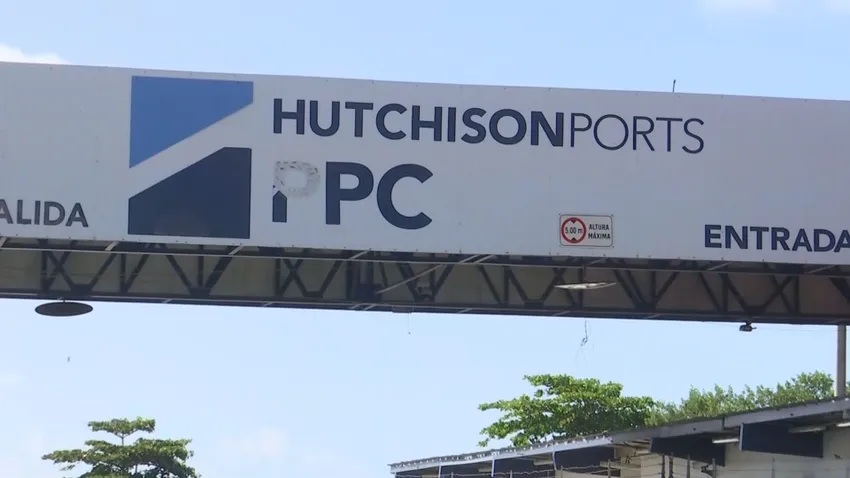UNESCO Awards Outstanding Education for Sustainable Development Projects in Panama

Three projects from West Africa, Brazil and Panama were awarded the 2025 UNESCO–Japan Prize on Education for Sustainable Development in recognition of their innovative, inclusive, and transformative approaches to education for sustainable development.
The three laureates were selected from 120 nominations submitted by UNESCO Member States and organizations in official partnership with UNESCO. An independent international jury of five Education for Sustainable Development (ESD) experts recognized the three initiatives for their excellence in advancing sustainability through education and community engagement.
The 2025 laureates represent diverse educational contexts and approaches, from cultural heritage conservation and sustainable consumption to youth-led environmental restoration, all demonstrating the power of education to transform societies and strengthen climate resilience.
Each laureate received an award of US $50,000 during a ceremony held at UNESCO Headquarters in Paris on 20 November 2025.
The Culture at the Heart of Development (CACD-NGO): Preserving forest heritage and climate resilience – Benin, West Africa
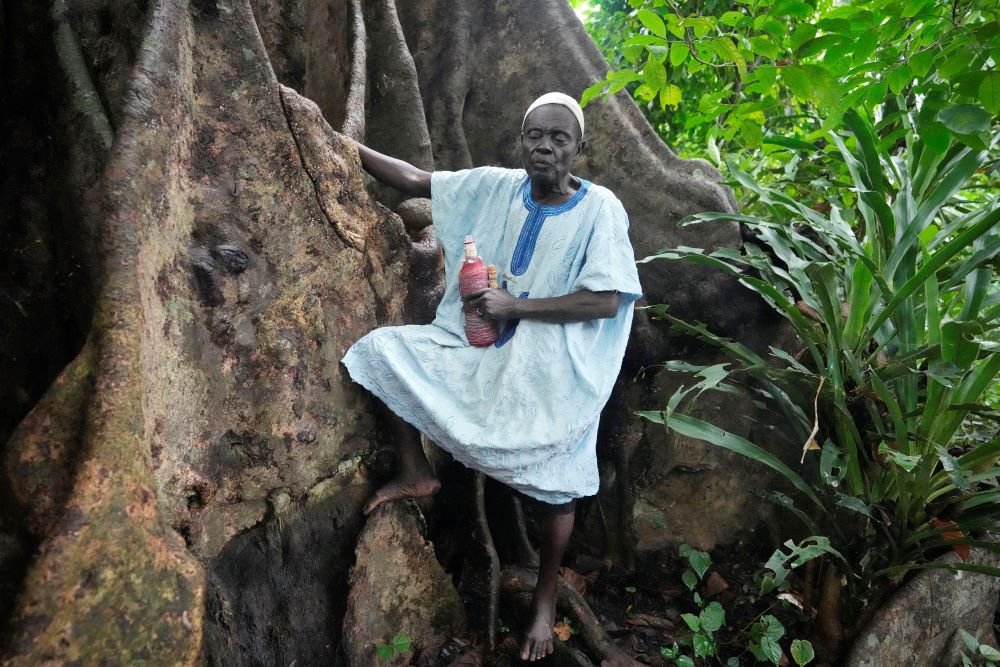
The project “Restoration and Innovative Management of the Ookpo Sacred Forest in Pobè” was launched in 2019 in Benin. It aims to preserve the cultural and spiritual significance of the Ookpo Sacred Forest, dedicated to the Ondo (Oranyan) deity, through conservation, ecotourism, and heritage education.
The project offers a transformative model of Education for Sustainable Development rooted in cultural heritage, combining traditional knowledge with digital campaigns to engage communities in the protection and promotion of sacred forests.
The jury praised the project’s outstanding contribution to transforming local communities through its effective blend of cultural revitalization, digital innovation, and nature-based economic development. Its community-wide benefits, including environmental conservation, youth empowerment, and job creation, lay a solid foundation for long-term social transformation.
Instituto Akatu – Edukatu: Rethinking consumption through educational platform – Brazil
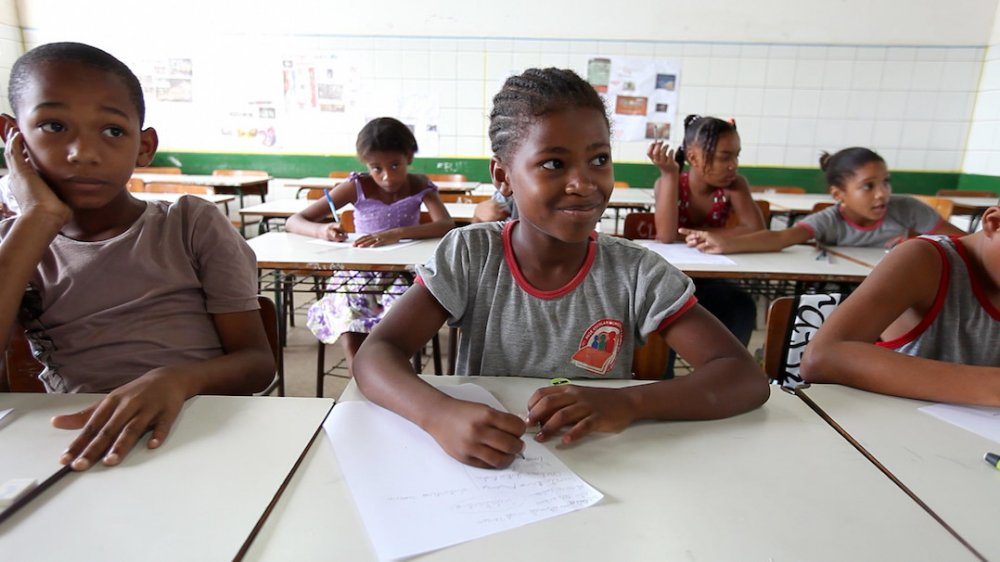
The Edukatu initiative was launched in 2013 by the Instituto Akatu. Edukatu is an interactive educational platform promoting conscious consumption and sustainable lifestyles. By engaging schools across Brazil, it offers hands-on activities, gamified online materials, and collaborative challenges that empower youth to rethink habits and co-create sustainable solutions. The platform has reached 9,000 schools, trained 19,000 educators, and engaged hundreds of thousands of students nationwide.
The jury recognized Edukatu for its innovative learning model that combines open educational resources with real-world action. Its wide reach across the country promotes knowledge sharing, healthy competition, and community engagement, while ensuring accessibility for schools in underserved areas.
Fundación Pro Eco Azuero – Spider Monkey School Initiative: Youth-led reforestation and environmental education – Panama
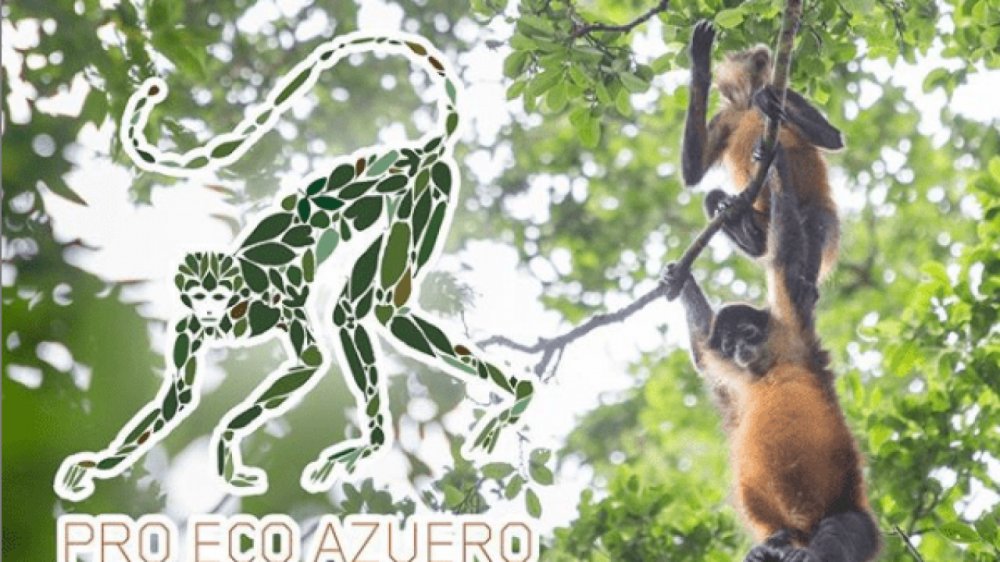
Implemented since 2010, the “Spider Monkey School Initiative,” led by Fundación Pro Eco Azuero, fosters environmental stewardship and ecosystem restoration in rural Panama. Its curriculum integrates topics such as forest regeneration, species conservation, and climate change through hands-on, experiential learning.
The project reaches 32 schools and over 2,700 children annually, nurturing a new generation of environmental leaders. It also empowers women through the creation of seed banks and tree nurseries led by rural women.
The jury commended the initiative as a holistic and sustainable model for long-term cultural change. By combining formal and non-formal education, integrating ecological monitoring, and implementing a youth mentorship system, the project strengthens environmental values and leadership from an early age.
The other finalists were:
★ Benemérita Escuela Normal Veracruzana “Enrique C. Rébsamen” – Mexico
For the project: A school that teaches by living: Knowledge, action, and community for another possible world
★ Cape Winelands Biosphere Reserve – South Africa
For the project: Education on the move: STEAM-Y: driving change – Mobile eco-education for a sustainable future
★ Gnégnéogo Primary School – Burkina Faso
For the project: For my school garden, I commit
★ Green Growth Asia Foundation – Malaysia
For the project: Eco-schools Malaysia: Empowering youth in sustainable nation
★ National Institute of Research and Physico-Chemical Analysis (INRAP) – Tunisia
For the project: From waste to worth: Transforming agrifood by-products into sustainable bioplastics
★ Pulmuone Foundation – The Republic of Korea
For the project: Earth citizen education program
Unesco.org


